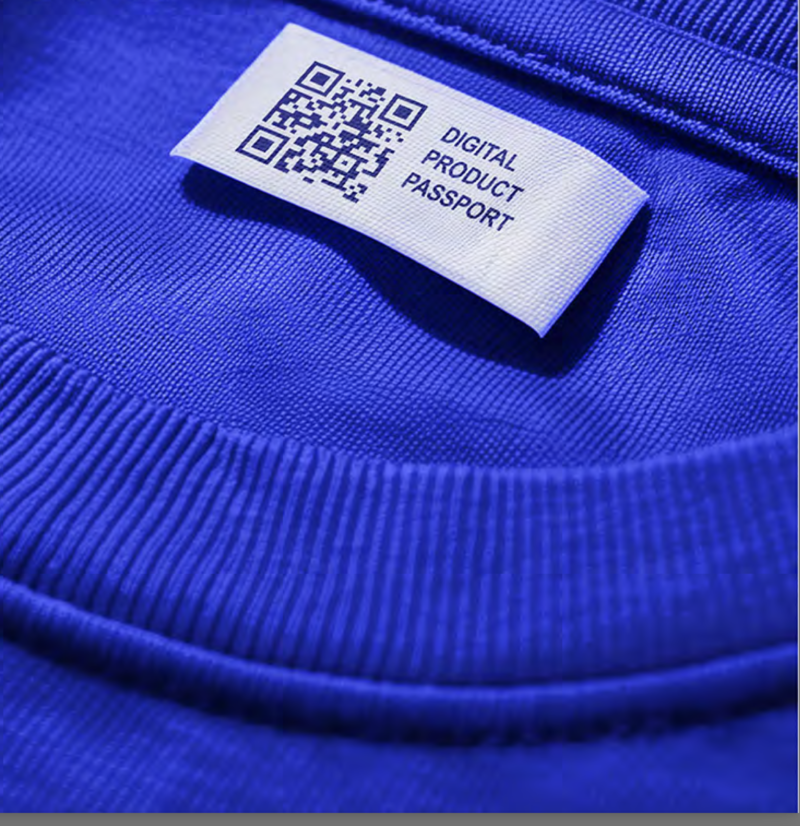Digital Product Passports: Making transparency the new norm in textile industry
Ever wondered exactly where your clothes come from, what they’re made of, and how sustainable they truly are? That’s exactly the type of transparency that consumers soon can expect.
As part of the EU’s strategy to foster a sustainable and circular textile industry, Digital Product Passports (DPP) will become mandatory by 2027–2028. But we’re not waiting until then – we’ve already piloted the technology with more than 3,000 garments from leading brands like Kappahl and Marimekko.
Each garment in the pilot received a unique QR code, providing immediate access to crucial information like material origins, environmental footprint, supply chain transparency, and even care instructions. Just a simple scan with your smartphone reveals all the secrets behind your next sweater or pair of trousers.
But how easy was this groundbreaking innovation to roll out? Well, one of our biggest challenges was standardizing data across various actors in the supply chain. Despite challenges, the pilot clearly showed that consumers are interested, engaged, and ready for greater transparency. Over the initial months, garments with DPPs were scanned hundreds of times by curious shoppers, highlighting global interest from Scandinavia to Asia. Insights gathered from these interactions prove that transparency can also boost trust and consumer engagement.
Moving forward, we’re aiming to scale this innovation and advocate for stronger regulatory frameworks, setting a new standard for transparency and sustainability in textiles.
Want to learn more? Dive deeper into the full report here.
